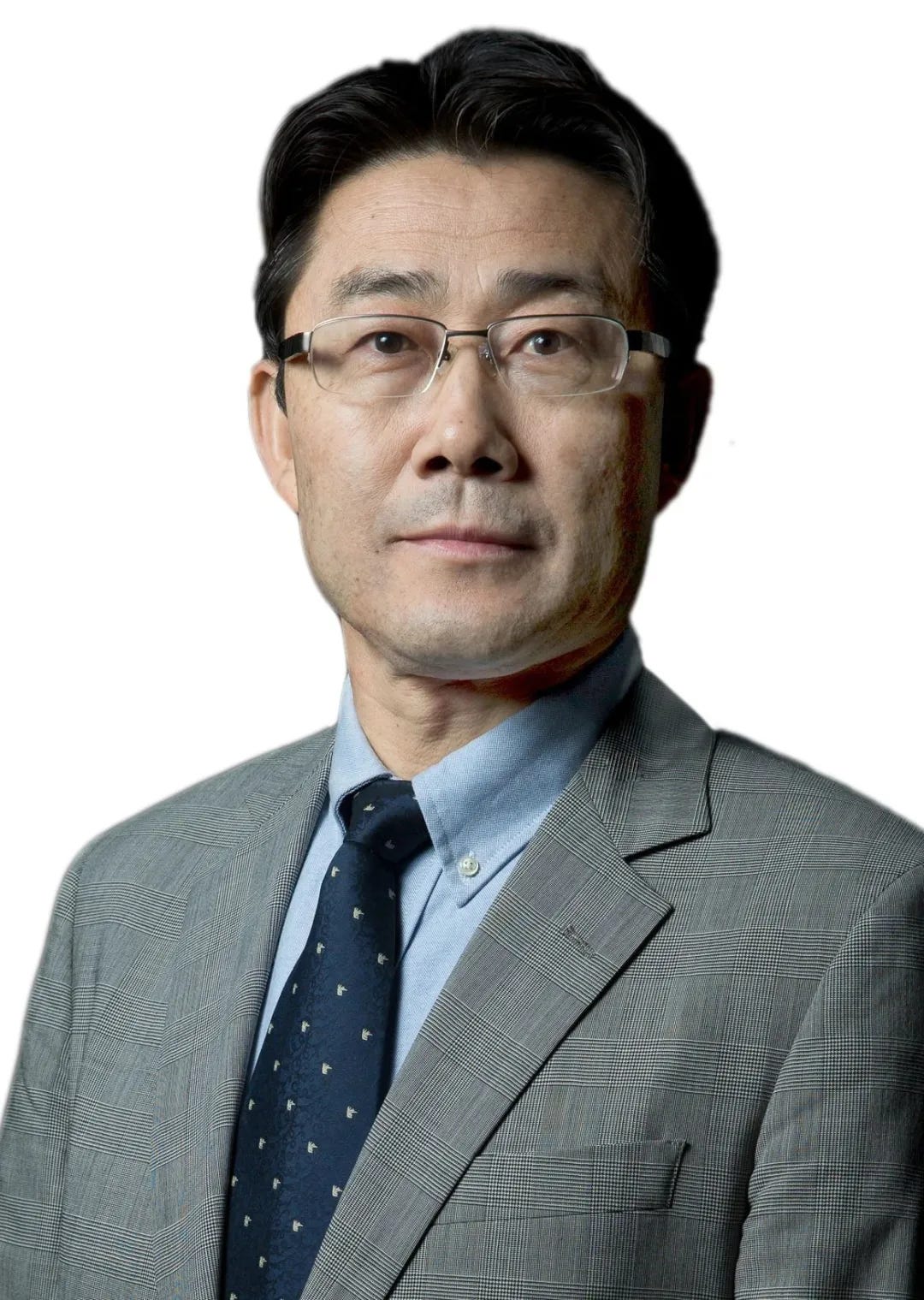Former China CDC Director criticizes Elon Musk
George F. Gao, the Chinese counterpart of Anthony Fauci during COVID-19, says the Tesla and Starlink owner has changed a lot and is now anti-science.
Since January 20, when Donald Trump authorized Musk to establish the Department of Government Efficiency (DOGE), U.S. federal research institutions have undergone a series of unprecedented reforms. Agencies such as the National Institutes of Health (NIH), National Science Foundation (NSF), and Centers for Disease Control and Prevention (CDC) have implemented large-scale funding cuts and layoffs. Scholars describe these "one-size-fits-all" reforms in the scientific field as "something never before seen in U.S. history."
These actions have sparked widespread resistance from the global scientific community. Protests erupted across the U.S., while members of the UK Royal Society signed a petition demanding Musk's removal from the organization. George F. Gao, an academician of the Chinese Academy of Sciences (CAS), director of the CAS Key Laboratory of Pathogenic Microbiology and Immunology, and a foreign member of the Royal Society, told China Newsweek in an interview that the series of measures taken by Trump and Musk toward the U.S. scientific community essentially apply corporate management methods to scientific administrative agencies.
Having conducted research at Harvard University and the University of Oxford, and served as former director-general of the Chinese CDC, deputy director of China's National Natural Science Foundation, and director of the CAS Institute of Microbiology, Gao believes these crude reforms will not only weaken U.S. scientific capabilities but also adversely impact global research collaboration and even reduce global capacity to address public health crises. "When facing Musk's 'anti-science' stance, it's time to speak out."
China Newsweek: How do you view the impact of recent funding cuts and layoffs in U.S. scientific fields?
George F. Gao: As research institutions develop, they inevitably become bloated and bureaucratic. I believe reforms are necessary. Compared to the U.S., British research institutions have always adjusted flexibly based on actual needs. For instance, during my 12 years studying and working in the UK, I learned from the Natural Environment Research Council (NERC), which merged with the Medical Research Council (MRC) and other agencies in 2018 to form UK Research and Innovation (UKRI). From this perspective, U.S. adjustments to research institutions are indeed necessary and reasonable.
However, since DOGE's establishment, Trump and Musk have consistently acted outside established norms. Administrative management must balance diverse interests. Previously, I said the Trump-Musk alliance might accelerate sending humans to Mars and drive technological progress. Now it appears that many of their practices are simultaneously anti-scientific.
Scientific research fundamentally relies on people and funding. With these blanket cuts, numerous U.S. research projects cannot continue. The funding systems at NIH and other agencies resulted from long-term discussions among scientists. While top universities like Harvard and Yale now have indirect cost rates exceeding 50%—indicating some "excess" needing trimming—we shouldn't squeeze out all flexibility. During reforms, some "prodding" by outsiders can be necessary, but we cannot manage scientific administrative agencies purely through corporate governance perspectives. Research management shouldn't only focus on experimental staff while neglecting basic support roles like tube cleaners and floor sweepers. This reflects their overly elitist stance. In reality, scientific research requires both Mars landings and screw-tightening.
Musk and Trump overemphasize the utilitarianism and applicability of science. While I support goal-oriented research, their current reforms are too shortsighted. Science explores the unknown and requires tolerance for failure. Business demands investment returns, but scientific returns aren't cash—they're concepts discovered through the pursuit of knowledge. Today's "valueless" discoveries might be worth millions or billions tomorrow. Their management style is damaging this latent scientific value.
China Newsweek: How do you assess the impact of these actions on the U.S. and the world?
George F. Gao: First, these measures will lower U.S. scientific standards, pushing America toward "scientific isolationism." After Trump took office, the U.S. withdrew from international organizations like the WHO—actions detrimental to scientific communication, especially since the U.S. co-founded the WHO. The impacts on public health will be profound. They view past collaborative policies as mistakes, yet global cooperation cannot be easily reversed.
I regularly exchange epidemiological data with U.S. scientists—a process of mutual learning. Sometimes they lead, sometimes we do, like athletes needing competition to perform their best. The U.S. remains crucial to global research, but now critical data—like avian flu transmission—has stopped being published. The CDC website has halted or deleted health data, virology research lacks support, and incomplete information sharing means surveillance can't keep pace. This could hasten the next global health crisis while leaving us unprepared with treatments and vaccines.
The U.S. actions set a dangerous precedent. Argentina has also withdrawn from the WHO, further damaging global public health capacity. Under such anti-scientific policies, U.S. research will inevitably decline. Though future administrations might reverse these policies, the instability itself harms science—restarting projects demands more resources, and collaboration grows harder.
China Newsweek: Regarding Musk-led DOGE reforms, over 3,000 scientists have signed a petition to revoke Musk's Royal Society membership. How do you view this criticism?
George F. Gao: His initial admission to the Royal Society recognized breakthrough contributions to space rockets and electric vehicles. Scientists must speak based on facts and evidence, yet Musk makes utterly irresponsible statements. If he continues, he may bring global catastrophe.
Musk has changed dramatically in less than a year. Previously, he open-sourced EV patents to promote technological sharing. His business success relied on U.S. government support and subsidies, and he supported Democrats until 2022. I don't know why he changed, but this warrants serious study. Those wielding power must maintain balance.



